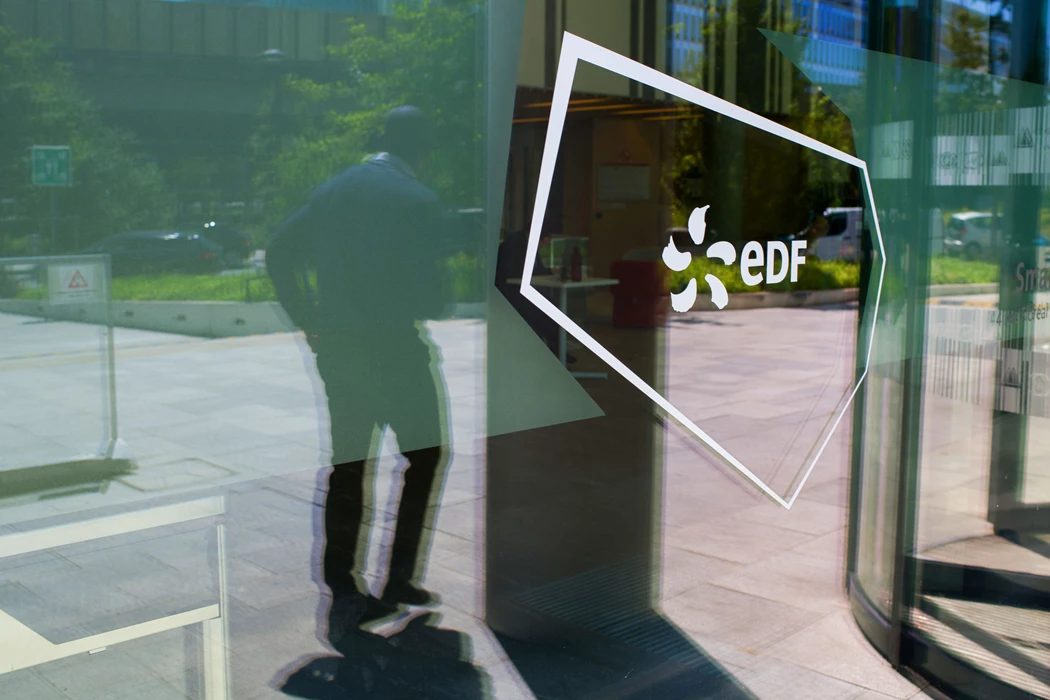EDF Posts $1.3 Billion Loss as State Readies Nationalization
(Bloomberg) -- Electricite de France SA reported a historic loss for the first half of 2022 as it suffered a slump in nuclear output in the midst of a severe European energy crisis.
EDF’s dire performance comes as the French government prepares for a full nationalization of the utility, buying back the 16% of shares it doesn’t already own by the end of October. The move is intended to streamline decision making and allow the company to invest in new atomic plants, helping secure French energy supplies.
“The results for the first half of the year reflect the difficulties encountered in nuclear generation in France” and a government-imposed electricity price cap, EDF Chairman and Chief Executive Officer Jean-Bernard Levy said in a statement on Thursday.
EDF swung to an adjusted net loss of 1.31 billion euros ($1.34 billion) in the first half, compared with adjusted net income of 3.74 billion euros a year earlier, the Paris-based company said in the statement.
Read more: Europe Energy Prices Keep Soaring as Russia Turns the Screw
The planned nationalization comes after years of poor performance and a government-imposed price cap made EDF’s debt burden look increasingly unsustainable. The utility’s existing reactors are suffering from worsening reliability, forcing it to buy back its production shortfall amid sky-rocketing market prices, while the construction of new facilities has been stymied by delays and cost overruns.
Volatile Markets
Surging electricity prices are offering some benefits for EDF. They will provide the company with an extra 8 billion euros of earnings before interest, taxes, depreciation and amortization this year, Levy said on a call with reporters. Trading profit alone almost tripled in the first half to 1.75 billion euros amid “very volatile commodity markets.”
However, the estimated cost of the nuclear production shortfall for this year rose to 24 billion euros, while the hit from the price cap remains at 10 billion euros.
“The prospects for our 2022 Ebitda remains dependent on the evolution of prices by the end of the year,” Chief Financial Officer Xavier Girre said on the call.
EDF’s net financial debt rose to 42.8 billion euros at the end of June from 41 billion euros a year earlier. The increase would have been larger but for a favorable change in the working capital requirement of 6.8 billion euros and a 3.1 billion-euro capital increase.
The company’s atomic output of 361 terawatt-hours accounted for 69% of France’s electricity production in 2021, but is set to fall to the lowest in more than three decades this year and won’t fully recover in 2023. That’s because of checks and repairs on small cracks in key pipes at a dozen reactors, combined with regular maintenance and refueling halts at other units.
The CEO confirmed that the company expects its French nuclear output to be between 280 and 300 terawatt-hours this year and in a range of 300 to 330 terawatt-hours in 2023.
(Updates with impact of power price moves in sixth paragraph.)
More stories like this are available on bloomberg.com
©2022 Bloomberg L.P.





